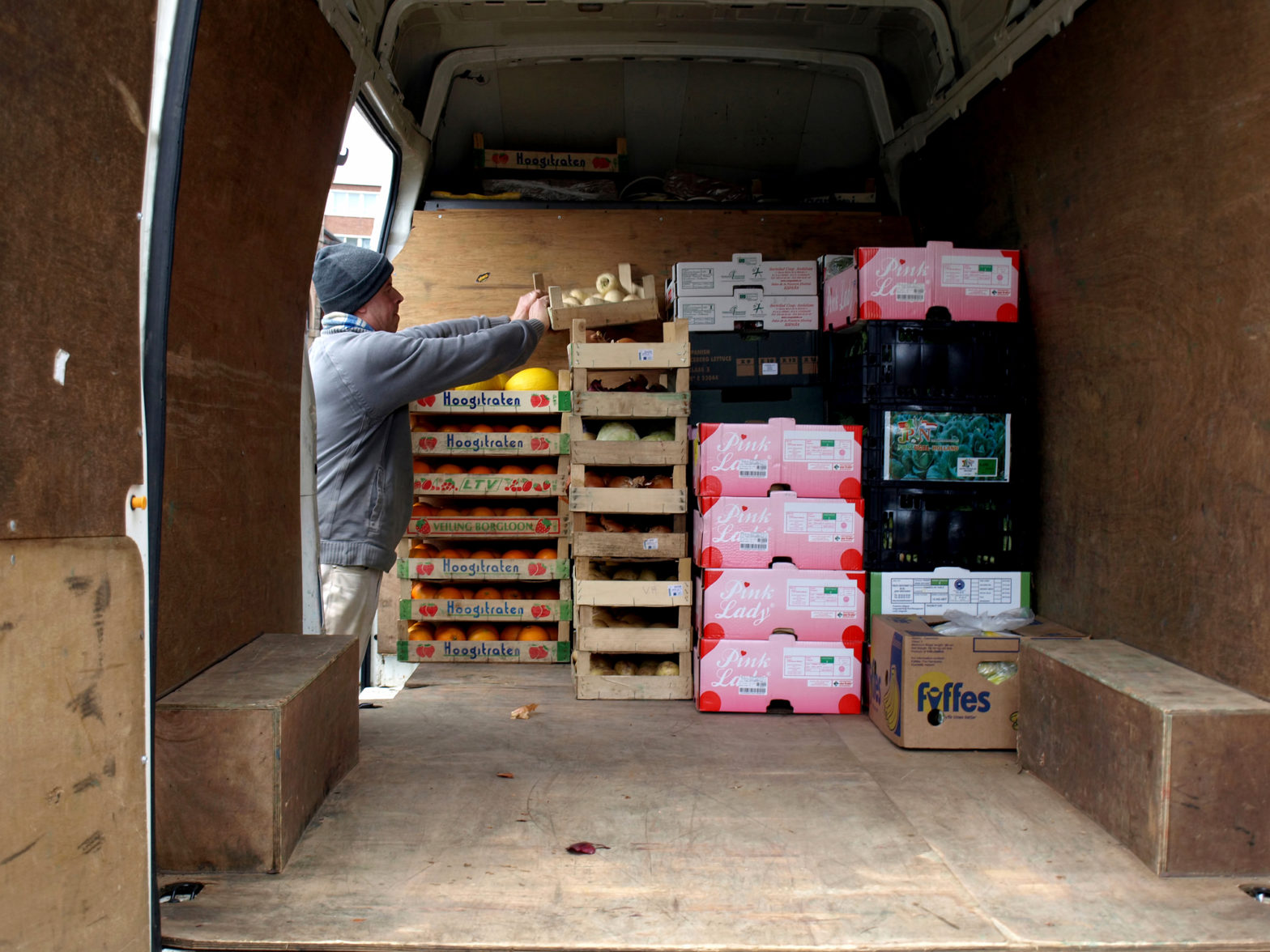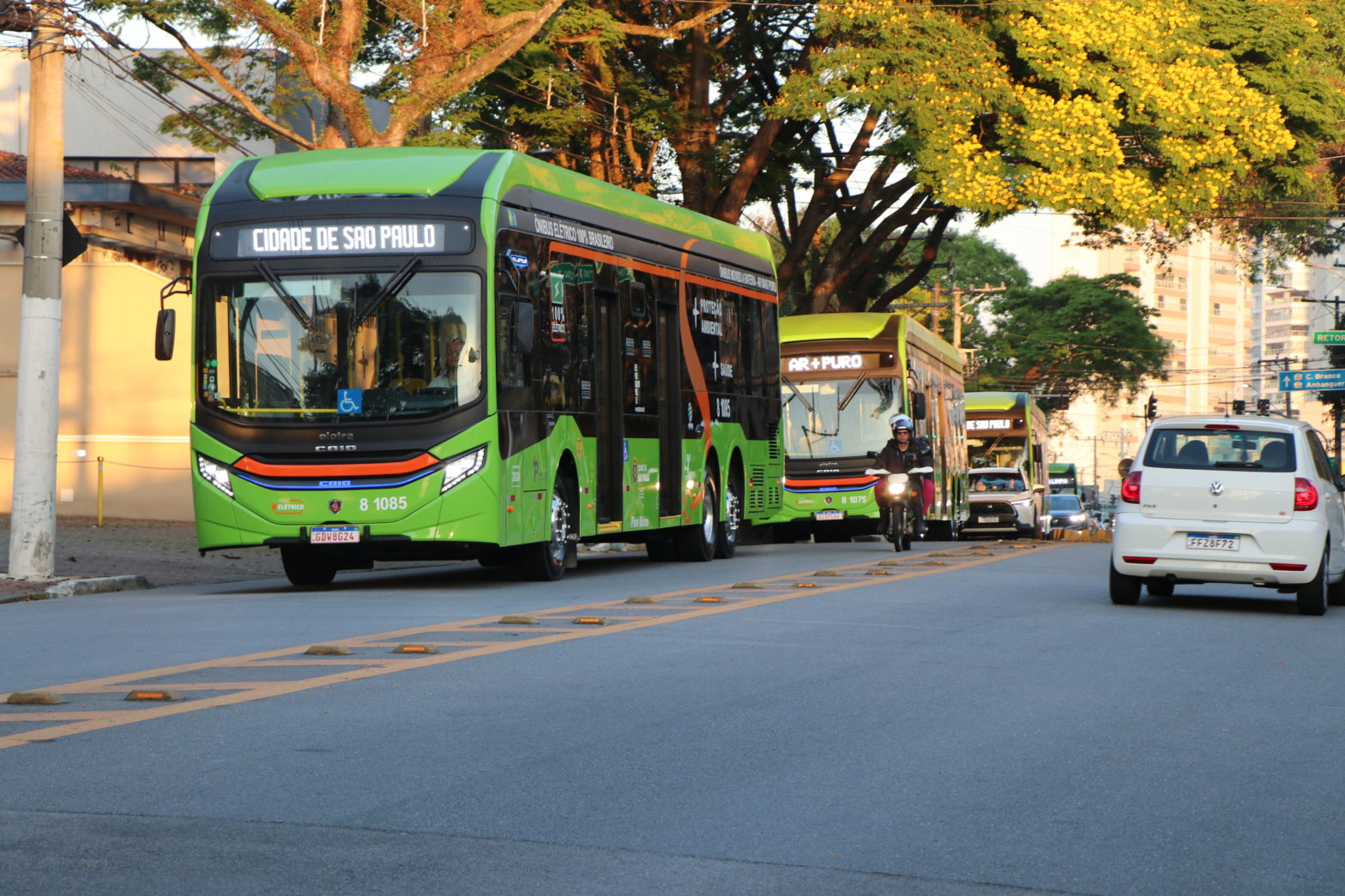
Urban delivery gets boost from AI finalists
11 June 2025
by William Thorpe
AI technologies aimed at cutting emissions from fleets and making last-mile deliveries more efficient are among the ten innovations shortlisted for this year’s £2 million Manchester Prize.
Now in its second year, the Manchester Prize rewards UK-led breakthroughs in artificial intelligence that accelerate progress toward clean energy. Several of the shortlisted projects focus on challenges relevant to city mobility teams, including fleet electrification and kerbside logistics.
Among the finalists is Cavolo, developed by Kale AI. It uses advanced AI to help businesses transition from traditional delivery vans to more efficient light electric vehicles (LEVs). Cavolo optimises delivery routes in real time to cut traffic, reduce energy consumption, and lower emissions.
“AI is opening up transformative new ways to tackle climate change and support the UK’s ambition to become a clean energy superpower,” said Peter Kyle, Secretary of State for Science, Innovation and Technology at London Tech Week. “That includes using the technology to keep our homes warm, while also supporting projects which will use AI to slash carbon emissions in our cement and steel industries–sectors which account for 16 percent of global emissions.”
Another shortlisted project, DRIVE (Deep Reinforcement learning for Intelligent Vehicle and Energy optimisation), comes from Flexible Power Systems. It uses AI to manage electric vehicle fleets, including charger scheduling and vehicle coordination. Trained in a virtual environment, the software makes real-time decisions for large fleets of vans, trucks and buses.
Each of the ten teams has received £100,000 in seed funding, £60,000 in compute credits, and non-financial support. The final £1 million prize will be awarded in spring 2026 to the project with the strongest technical innovation and a clear roadmap to real-world adoption and impact by 2030.
“We are at a critical juncture in the journey to net zero,” said Baroness Brown of Cambridge, chair of the judging panel. “The pace of progress in AI is giving us new tools to support the shift to a low-carbon economy in ways that can benefit individuals, communities and businesses alike.”
Image: Johnhill118 | Dreamstime.com











